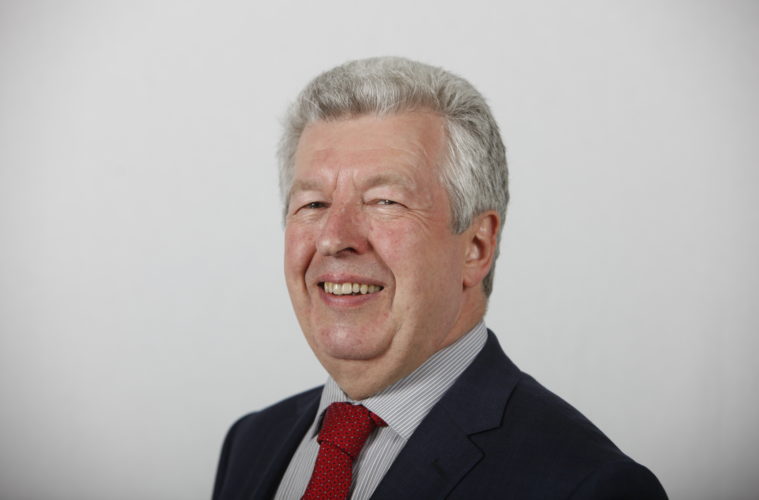The Scottish Parliament’s Health and Sport Committee has called on the Government to measure the consequences of cancelling all non-urgent care at the height of the pandemic. They say this must be done as a matter of urgency with the pandemic continuing to impact every aspect of the health service.
In the Committee’s pre-budget report, they looked into the wider impact of Covid-19 upon individuals’ health and their use of the health service, with the pandemic causing a huge reduction in those seeking use of these services.
Figures suggest just under 60,000 planned operations took place in Scottish hospitals from March to August of this year, compared to 168,000 over the same period in 2019. The Committee has said detail must be provided on when the backlog of NHS work caused by the pandemic will be resolved.
The Committee express concern about the large degree of uncertainty over budgeting for current and future years caused by Covid-19 and are seeking more detail on the implications for longer term funding plans.
In a wide-ranging pre-budget report, the Committee highlight that health and social care spend accounts for over 50% of the Scottish budget, but there is currently no coherent attempt to identify the outcomes of this spending. The Committee say this makes it difficult to tell whether the taxpayer is receiving value for money.
The Committee also criticise the current budget process whereby Integration Authorities, who account for £9billion of health and social care spending, do not provide basic budget details until six months into the financial year to which the budget relates.
Lewis Macdonald MSP, Convener of the Health and Sport Committee, said:
“Covid-19 has caused a huge disruption to many NHS patients and treatments with Public Health Scotland data revealing hospital admissions, attendances at A&E departments, and people attending out of hours services all falling to around half the average levels seen in 2018-19.
“As the pandemic continues to impact every aspect of our health service, the consequences of cancelling all non-urgent care must be measured and the backlog of treatments and waiting lists resolved as quickly and safely as possible.
“The pandemic has created a huge degree of uncertainty over current and future health and social care budgets and we are keen to be given more detail on the long-term implications of this uncertainty.
“We are also surprised at the lack of information available on potential NHS savings caused by the large number of services which ceased operating during lockdown.
“Since the arrival of the pandemic we have seen a remarkable reduction in delayed discharge numbers and there have been welcome innovations across the health service to help respond to this crisis, but the challenge now is to continue these successes and to ensure we do not revert to the old way of working.”
The report also looks into the impact of the pandemic on GP practices. Concerns are raised by the Committee about evidence received which suggested some GPs were refusing to see patients as a result of the pandemic. The Committee has said there must be consistency in service delivery and accessibility across all GP practices.
The Committee also calls on the Scottish Government to provide detail on how GP workload has been affected by the pandemic, saying the introduction of community hubs inevitably leads to questions of what GPs have been doing during the coronavirus crisis. Similar questions are asked about non-emergency NHS staff.
The Covid-19 international travel and quarantine regulations were also scrutinised by the Committee and they have recommended that all passengers arriving into Scotland should be tested for the virus as a health protection measure and to potentially shorten the length of quarantine periods.
MSPs on the Committee have said identifying, checking and tracing those persons subject to quarantine should be given the highest priority and the numbers being followed up must be substantially increased beyond current target figures.


